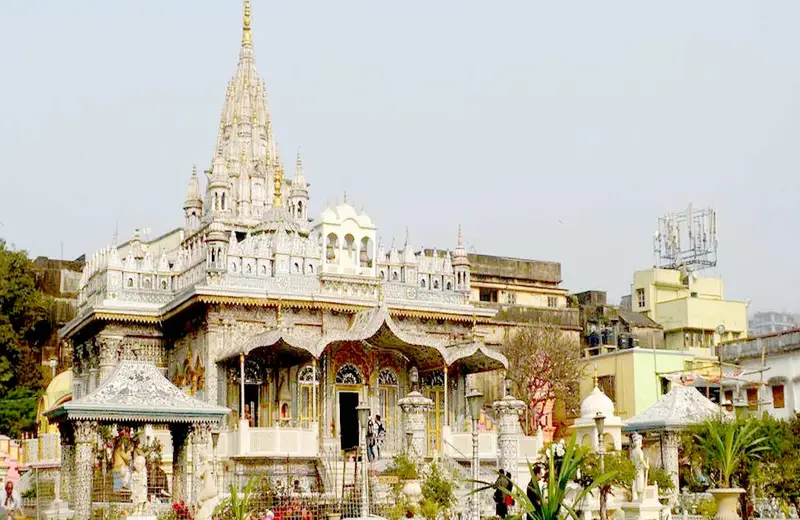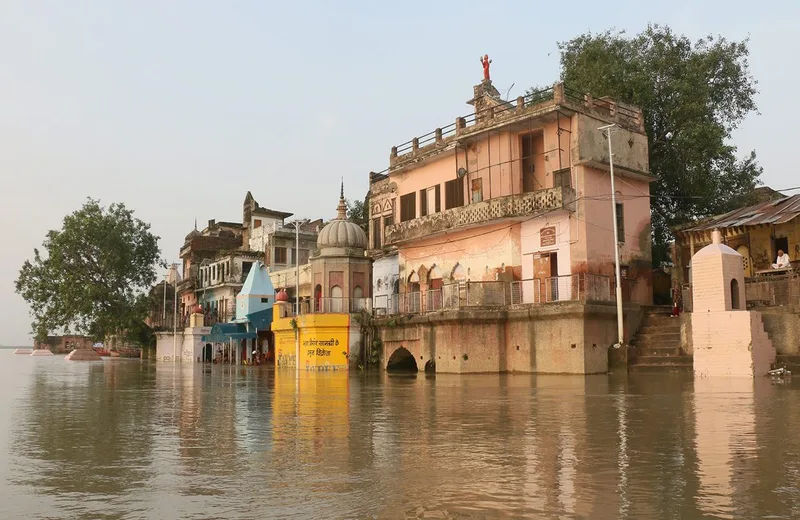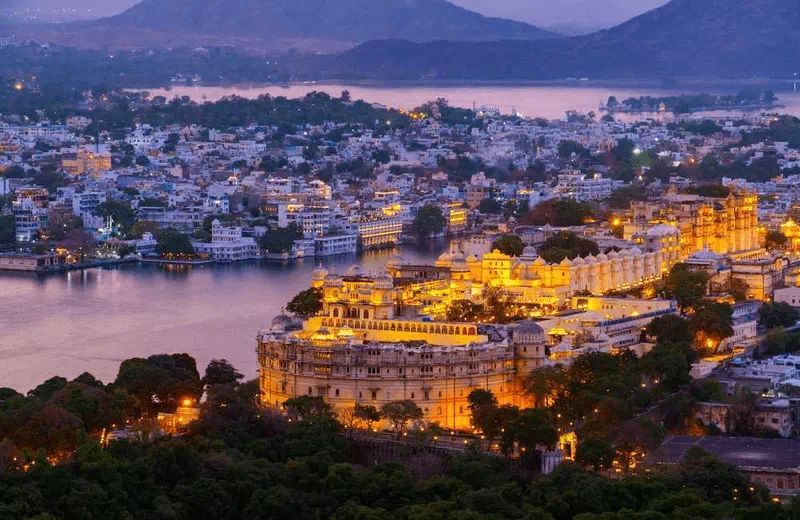Eco Friendly Travel Destinations in India for Sustainable Holidays
Do your holidays leave a trail of plastic bottles and carbon emissions behind—or are they contributing to local communities and conservation? With climate change and overtourism becoming global concerns, eco-friendly travel in India is no longer just a trend—it's a responsibility.
India, with its diverse ecosystems, ancient traditions, and growing sustainability movement, offers many green getaways that respect the Earth and uplift local communities. Whether you're a backpacker, nature lover, or wellness seeker, this guide will help you explore the top eco-friendly travel destinations in India for truly sustainable holidays.
Why Choose Eco-Friendly Travel in India?
Eco-tourism not only minimizes your environmental footprint but also:
-
Supports local livelihoods
-
Preserves cultural heritage
-
Encourages wildlife conservation
-
Promotes responsible tourism practices
From Himalayan retreats to coastal sanctuaries, India has something for every mindful traveler.

Top Eco-Friendly Travel Destinations in India
1. Sikkim – India’s First Fully Organic State
Why It's Sustainable:
-
100% organic farming
-
Ban on plastic bottles and Styrofoam
-
Community-run homestays and sustainable agriculture initiatives
Eco Activities:
-
Stay at eco-lodges in Gangtok or Pelling
-
Visit organic farms and traditional villages
-
Explore Khangchendzonga National Park (UNESCO Heritage Site)
2. Spiti Valley, Himachal Pradesh – Raw, Remote, Responsible
Why It's Sustainable:
-
Home to responsible tourism initiatives like Spiti Ecosphere
-
Solar-powered homestays and eco-cafés
-
Supports local women and conservation
Eco Activities:
-
Volunteer in village development
-
Go on low-impact treks to monasteries
-
Learn about traditional mud-house architecture
3. Coorg, Karnataka – The Scotland of India Goes Green
Why It's Sustainable:
-
Sustainable coffee plantations
-
Wildlife-friendly resorts
-
Rainwater harvesting and permaculture
Eco Activities:
-
Stay in eco-resorts amidst coffee estates
-
Learn organic farming techniques
-
Explore Dubare Elephant Camp ethically
4. Kanha National Park, Madhya Pradesh – Wilderness with a Purpose
Why It's Sustainable:
-
Known for tiger conservation under Project Tiger
-
Eco-resorts that blend with the forest
-
Community involvement in forest protection
Eco Activities:
-
Stay at eco-lodges near Mukki or Kisli gates
-
Nature trails with trained local guides
-
Visit Baiga tribal villages
5. Khonoma, Nagaland – India’s First Green Village
Why It's Sustainable:
-
700-year-old Angami tribal village
-
Hunting ban and forest conservation laws
-
Self-sustained village economy
Eco Activities:
-
Experience homestays with locals
-
Hike through community-protected forests
-
Learn about tribal handicrafts and festivals
6. Rishikesh, Uttarakhand – Spiritual and Sustainable
Why It's Sustainable:
-
Focus on wellness tourism
-
Many ashrams use solar energy and zero-waste kitchens
-
River and forest cleanup drives
Eco Activities:
-
Practice yoga by the Ganges
-
Participate in eco-volunteering
-
Explore Rajaji National Park
7. Thenmala, Kerala – India’s First Planned Eco-Tourism Destination
Why It's Sustainable:
-
Government-backed eco-tourism model
-
No plastic zones and waste segregation
-
Forest conservation with local employment
Eco Activities:
-
Treehouse stays and forest walks
-
Boating and butterfly safari
-
Visit the Thenmala Dam and Sculpture Garden
8. Auroville, Tamil Nadu – A Sustainable Global Community
Why It's Sustainable:
-
100% renewable energy use
-
Organic farming, composting, zero-waste management
-
Community-based economy and eco-education
Eco Activities:
-
Volunteer in permaculture farms
-
Attend sustainability workshops
-
Stay in guesthouses made from earth-friendly materials
9. Majuli Island, Assam – Living in Harmony with the Brahmaputra
Why It's Sustainable:
-
World’s largest river island
-
Threatened by erosion but conserved by local efforts
-
Traditional Assamese lifestyle and Satras (monasteries)
Eco Activities:
-
Bamboo hut stays
-
Explore wetlands and tribal art forms
-
Participate in monastic rituals
10. Chilika Lake, Odisha – Asia’s Largest Brackish Water Lagoon
Why It's Sustainable:
-
Biodiversity hotspot and bird sanctuary
-
Community-run eco-tours and boating
-
Promotes responsible dolphin watching
Eco Activities:
-
Birdwatching in Mangalajodi village
-
Stay at local eco-villages
-
Spot the endangered Irrawaddy dolphin
Best Time to Visit These Eco-Friendly Destinations
| Destination | Best Time to Visit |
|---|---|
| Sikkim | March – May, October – December |
| Spiti Valley | May – September |
| Coorg | October – April |
| Khonoma | November – March |
| Thenmala | September – February |
Conclusion: Be the Change, Travel Sustainably
Choosing eco-friendly travel destinations in India isn’t just a way to see the country differently—it’s a commitment to protect its soul. Every small action—where you stay, what you eat, how you travel can make a big difference.
Whether it’s walking through organic farms in Sikkim or watching birds in Mangalajodi, sustainable travel is about being a mindful traveler who respects people and the planet. So pack light, tread softly, and leave only footprints of kindness.
















